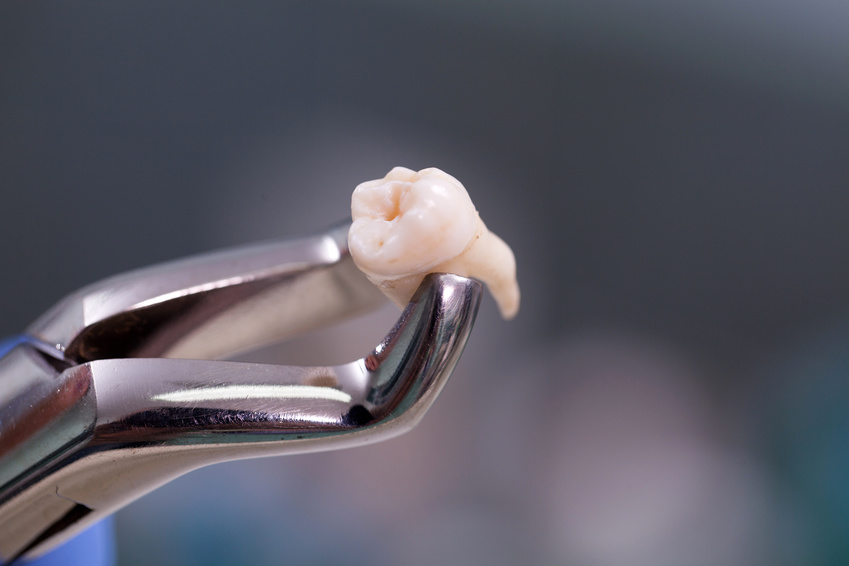Removing a tooth can be a scary procedure if you’re going in without any information. As long as you are communicating with your dentist and doing a little research about tooth removal, you will likely feel much more prepared. Removing a tooth doesn’t have to be a nightmare — here is some information that will hopefully help ease your nerves before your dental visit.
Numbing your tooth
First, know that you will likely not feel a thing throughout the entire procedure. That should (hopefully) help you at least stop being terrified of the upcoming tooth removal. Although tooth extraction sounds scary and painful, as long as your tooth is numbed up, you won’t feel any pain at all. Your dentist will anesthetize your tooth and the bone and gum tissue surrounding it. The shot administrating the local anesthetic might sting a tiny bit — but you can handle that. After a few moments, if you think you still have some sensation in your tooth, simply ask for another injection and your dentist will likely oblige.
The tools being used:
If you really want to get through this procedure without freaking out, it’s best to avoid looking at the dental tools that your dentist will be using. They will likely keep them out of view, but try not to sneak a peak because it won’t help anything. Although these instruments might look intimidating, they won’t hurt at all. Remember, your mouth will be numb and you won’t feel a thing more than a little pressure or minimal discomfort. Though extraction forceps and dental elevators sound horrifyingly painful, they aren’t and you’ll be fine.
Dental Implants
After the tooth is extracted (hooray), it’s time for the final part of the procedure: the dental implant. Currently, there are 3 million people who have dental implants and that number is increasing by about 500,000 a year, so you’re certainly not alone. Dental technology is so advanced now that your new planted tooth will feel and look exactly like a healthy tooth.
Yes the dentist can be intimidating and removing a tooth isn’t the most fun thing you can do, but it’s not all bad. As long as you know what’s coming and talk with your dentist, you’ll be fine. Contact Aegis Dental or Angola Dental today to learn more and good luck.




